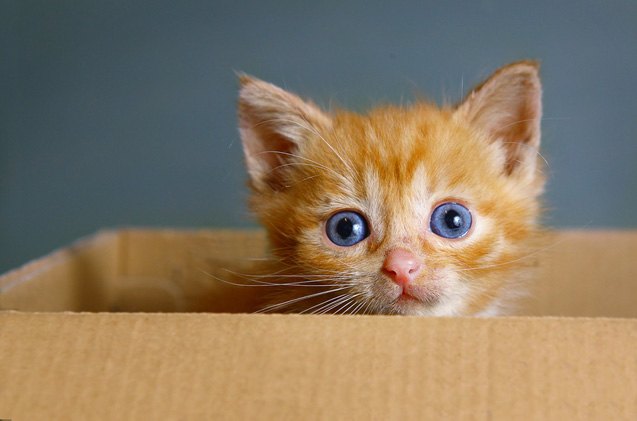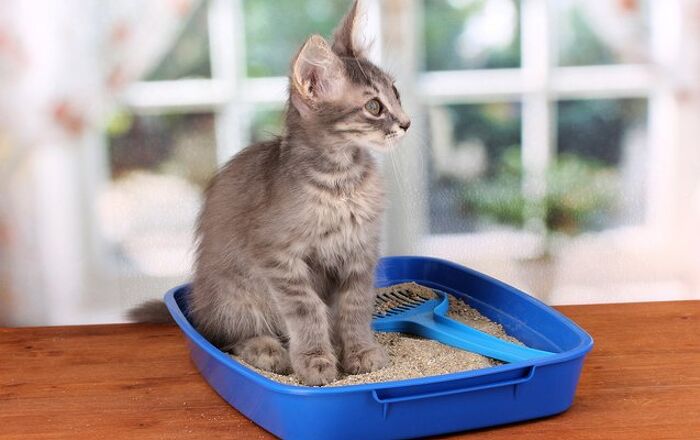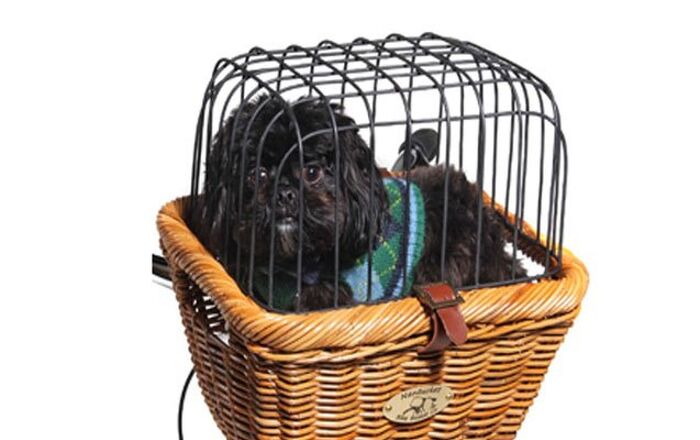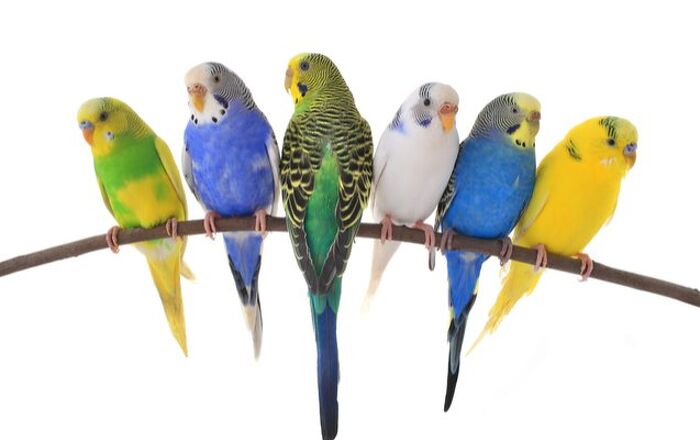
When you find a kitten that’s been abandoned, you instinctively want to care for it. Here’s what you should do if you find a stray kitten.
Finding an orphaned kitten is definitely heartbreaking, and you’ll instinctively want to do everything you can to help. The younger the kittens, though, the more work they’ll require.
While you can try contacting local rescues, shelters, and foster networks to see if they can take the strays and give them the care they need, you can also attempt raising the orphans until suitable homes can be found.
Before you dive into caring for kittens who’ve been orphaned, check out the tips below. This will give you a better idea of what you should expect, but it’s best to contact rescuers and a veterinarian for more comprehensive and customized guidance.
Related:TNR: What is It And How Does It Help Feral Cats?
Wait… is the Kitten Really an Orphan?
Not all kittens that appear to be on their own really are. Therefore, the first step involves waiting to see if the mother cat returns. Remember, kittens have the highest chance of survival when under the care of their mothers. Also, mother cats will leave their kittens while they search for food, and they take their time when moving their litter from one location to another.
Observe the kittens from a distance of at least 35 feet, as standing too close could cause the mother to stay away. You may even need to leave entirely and come back a few hours later if she’s the type of mother who will wait until she doesn’t sense your presence.
Related:5 Ways to Help Stray Kittens This Spring
Make sure the kittens aren’t in danger from snow, rain, wild animals, dogs, people, traffic, etc. If the kittens appear healthy and warm, they can survive until their mom returns, so only remove them if they’re in immediate and serious danger or if the mother doesn’t come back.
First Steps
After observing the kittens and determining that they’re in need of help, take them to a warm place. If they feel cold, you can wrap a small heating pad on the lowest setting in some towels and place them on this heated bed. Kittens need to be warm in order to digest properly, and if the orphans are under three weeks of age, they won’t be able to regulate their body temperature. If the kittens start sleeping along the edges of the heating pad to avoid it, you can remove it.
To shelter the kittens, keep them in a dry carrier or a box where they’ll be warm and won’t be exposed to drafts. You can cover their shelter with a blanket and place a blanket inside for comfort, but be sure to change out the bedding daily to keep their environment sanitary. Once they’re old enough, you can give them more room to explore, such as a spare bathroom.
Bring the orphans to a vet as soon as possible so they can be examined, so their age can be determined, and so you can receive expert advice to keep them healthy.
Feeding and Pottying
Kittens that haven’t been weaned (under four weeks old) will need to be bottle-fed. You can purchase bottles specifically designed for kittens, along with kitten milk replacer, at a pet supply store. Never give a kitten cow’s milk.
You’ll need to feed the kittens every 2 to 3 hours when they’re one week old or younger. When they’re two weeks old, feedings can be done every 3 hours, and when they’re four weeks old, you can extend it to the every 4 hours. At four weeks, you can also begin the weaning process by offering some solid foods with the formula.
Before feeding the kittens, sterilize the nipple and bottle, warm the formula, and position the kittens appropriately to avoid aspiration. Don’t raise a kitten’s head or place him on his back; instead, keep the head straight and the feet down, just as he would be positioned if he were nursing from his mother. Also, don’t hold a kitten in the air while he eats, and don’t force or squeeze the formula into his mouth.
After the kittens have eaten, burp them by holding them in an upright position and very gently rubbing and patting the back. Also, after every feeding, you’ll have to stimulate the kittens to urinate and defecate, as they won’t be able to do so on their own until they’re about three to four weeks old. You can do this by moistening a cotton ball with warm water and rubbing their genitals gently until they defecate and/or urinate. This can also be done before feeding them.
It’s a Lot of Work, but Worth It
Orphaned kittens require round-the-clock care, but it will all be worth it when you have healthy, happy kittens whose lives you saved. And with the help of a rescue and veterinarian, all of your questions will be answered and your orphans will receive immediate medical attention whenever necessary.














